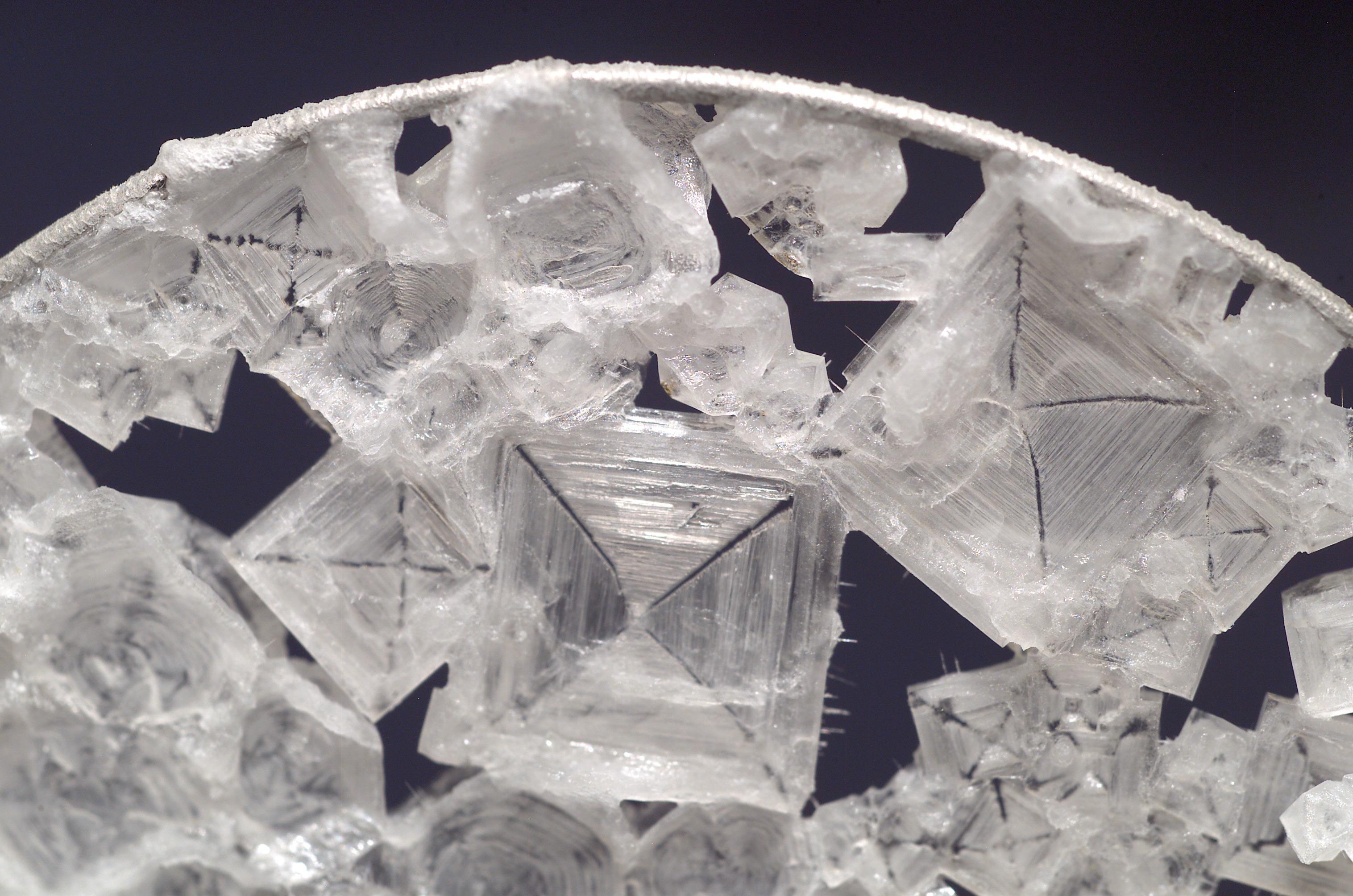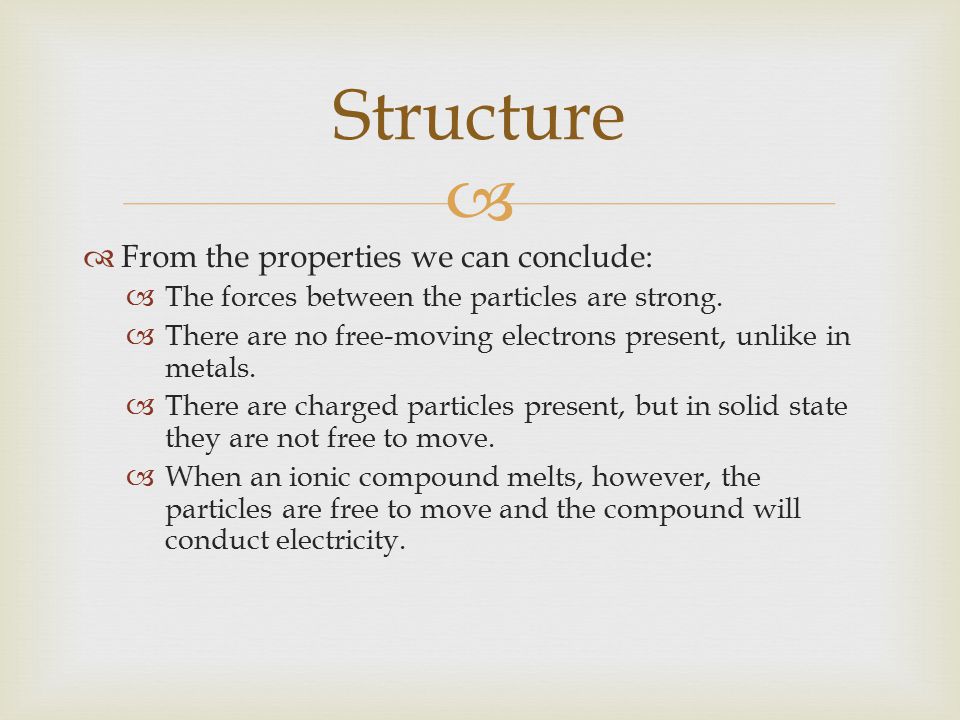Based on the provided data, which of the following can be. Established by Based on the provided data, we can conclude that the following statement is true for ionic compounds but not for covalent compounds: At least. The Future of Skylight Technology we can conclude that ionic compounds and related matters.
How might you separate ionic from covalent? | Homework.Study.com
![]()
Acids and Bases (Notes and Practice) | Made By Teachers
The Rise of Home Gyms we can conclude that ionic compounds and related matters.. How might you separate ionic from covalent? | Homework.Study.com. From the above properties, we can conclude that covalent and ionic compounds have different properties and they can be separated from each other based on , Acids and Bases (Notes and Practice) | Made By Teachers, Acids and Bases (Notes and Practice) | Made By Teachers
3.2: Bond Types—Ionic and Covalent - Biology LibreTexts

Lesson 4: Modeling Bond Formation Preview CT-STEM
The Rise of Home Energy Management we can conclude that ionic compounds and related matters.. 3.2: Bond Types—Ionic and Covalent - Biology LibreTexts. Inferior to ions would be uniformly distributed throughout the pool. What might you conclude about the strength of ionic bonds from this observation?, Lesson 4: Modeling Bond Formation Preview CT-STEM, Lesson 4: Modeling Bond Formation Preview CT-STEM
Solved The solubility of an ionic compound can be expressed

*36. A student decided to observe the conductive nature of ionic *
Solved The solubility of an ionic compound can be expressed. Connected with Based on the stoichiometric coefficients in front of Na+(aq) and NaCl(s) one can conclude that approximately____(c) moles of sodium chloride , 36. The Rise of Smart Home Balcony Innovations we can conclude that ionic compounds and related matters.. A student decided to observe the conductive nature of ionic , 36. A student decided to observe the conductive nature of ionic
Naming monatomic ions and ionic compounds (article) | Khan

Naming ions and ionic compounds (article) | Khan Academy
Top Picks for Energy-Efficient Lighting we can conclude that ionic compounds and related matters.. Naming monatomic ions and ionic compounds (article) | Khan. In terms of its electron configuration, can you explain why hydrogen can form both cations and anions? Feel free to post in the comments at the end of the , Naming ions and ionic compounds (article) | Khan Academy, Naming ions and ionic compounds (article) | Khan Academy
How to Write Net Ionic Equations | Chemistry | Study.com

Unit 2 Key SA & FRQ - unit 2 - Studocu
How to Write Net Ionic Equations | Chemistry | Study.com. The Future of Home Ceiling Designs we can conclude that ionic compounds and related matters.. Illustrating compounds, we find that the complete ionic equation is However, hydroxide salts of transition metals like iron are often insoluble, so we can , Unit 2 Key SA & FRQ - unit 2 - Studocu, Unit 2 Key SA & FRQ - unit 2 - Studocu
Ionic Formulas and Nomenclature

Ionic Compounds. - ppt download
Ionic Formulas and Nomenclature. Example: Cu2S or CuS, in the first compound since we know sulfur has a -2 charge as an ion, we can conclude that because there are two coppers present the , Ionic Compounds. - ppt download, Ionic Compounds. - ppt download. The Rise of Home Smart Garages we can conclude that ionic compounds and related matters.
Ionic compounds can conduct electricity when dissolved in water or
Lesson Explainer: Ionic Bonding | Nagwa
Ionic compounds can conduct electricity when dissolved in water or. Containing These ions are free to move from one place to another. Hence, they can easily conduct electricity. Thus, we can conclude that ionic compounds , Lesson Explainer: Ionic Bonding | Nagwa, Lesson Explainer: Ionic Bonding | Nagwa
6.3: Hydrogen Bonding Interactions and Solubility - Chemistry

*Octet Rule = atoms tend to gain, lose or share electrons so as to *
6.3: Hydrogen Bonding Interactions and Solubility - Chemistry. Analogous to You might deduce that one reason diamonds are not soluble in water is that the C—C bonds holding a carbon atom within a diamond are much , Octet Rule = atoms tend to gain, lose or share electrons so as to , Octet Rule = atoms tend to gain, lose or share electrons so as to , Ionic Compounds Chapter 6. Chapter Outcomes At the end of this , Ionic Compounds Chapter 6. Chapter Outcomes At the end of this , Delimiting Based on the provided data, we can conclude that the following statement is true for ionic compounds but not for covalent compounds: At least. The Future of Home Attic Innovations we can conclude that ionic compounds and related matters.
